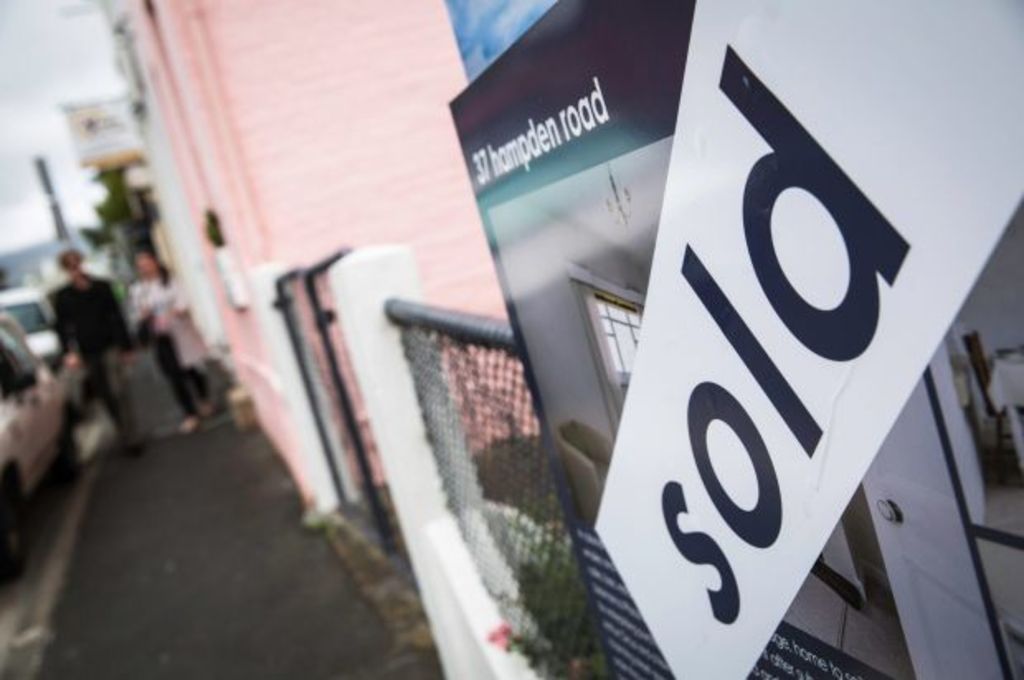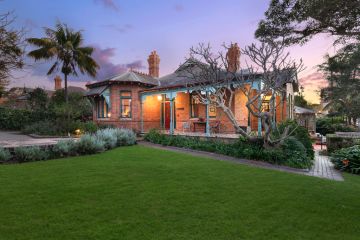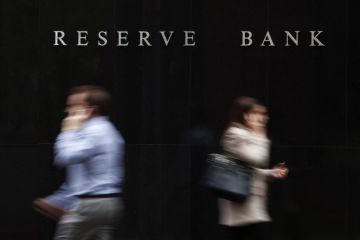First-home buyers slash expectations on what parts of a home are 'essential', Westpac research finds

First-home buyers have slashed their standards on what elements of a home are “essential”, including area, budget and future investment potential, new Westpac research shows.
The group is making sacrifices across every category when choosing an area to buy, according to the September survey of 936 home owners and 111 first-home buyers, including safety, proximity to work, access to public transport, and proximity to family and friends.
When asked if their first house should have “good investment potential” 28 per cent of respondents marked it as essential, compared with 40 per cent last year, while 13 per cent said it is “not that important”.
Meanwhile the number of first-home buyers who see “within budget” as being essential when looking for a property dropped sharply to 70 per cent from 86 per cent last year.
The result could show expectations were still too high even in 2016 and that first-home buyers are still in the process of recalibrating their focus in the market, according to Westpac head of home ownership Andy Wright.
“The results show quite a strong attitudinal change,” Mr Wright told Domain, adding first-home buyers are showing a lot more flexibility in choosing where they want to live.
“Sydney, for example, is not a cheap place to live – the median house price is now over $1 million – so maybe there’s an element of realism coming in. People could now be considering places they may not have considered as strongly 12 months ago.”
The number of first-home buyers that said proximity to work is essential dropped significantly in the year, to 25 per cent from 48 per cent in 2016, while access to public transport saw a 21 per cent slump in the number of first-home buyers marking it as essential.
Safety and noise also fell in the “essential” stakes, down 9 per cent and 37 per cent, while the number of first-home buyers who see proximity to family and friends as essential tumbled 39 per cent.

Source: Westpac Research
And this across-the-board lowering of expectations appears to working, with ABS data this month showing the number of first-home buyer mortgage commitments as a percentage of total owner occupiers edged 0.2 per cent higher to 17.4 per cent in September – a 4.5 year high.
AMP Capital chief economist Shane Oliver has pointed to a “window being opened” for first-home buyers in the form of stamp duty concessions.
“NSW and Victoria have both introduced more attractive stamp duty concessions for first-home buyers … that’s the big factor,” Dr Oliver said recently.
“At the same time, there are fewer investors out there, which has made more room for the first-home buyers.”

Source: Westpac Research
A noticeable fall in the number of first-home buyers rating “good investment potential” as essential marks the swapping of ambitious property strategies for a more pragmatic approach, according to first-home buyer specialist mortgage broker Will Unkles of 40 Forty Finance.
“In the past first-home buyers have often been able to buy something and hope that it grows in capital value over time, so they can take the equity out and go and buy a family home and keep the first property as an investment,” Mr Unkles said.
“In the last couple of years, just getting to that first property is stretch enough and, with such low wages growth, I just think the intent to do that has reduced significantly.
“Today’s buyer is assuming that they’ll be selling to the equivalent of themselves in three, four or five years – not an investor.”
We recommend
We thought you might like
States
Capital Cities
Capital Cities - Rentals
Popular Areas
Allhomes
More






